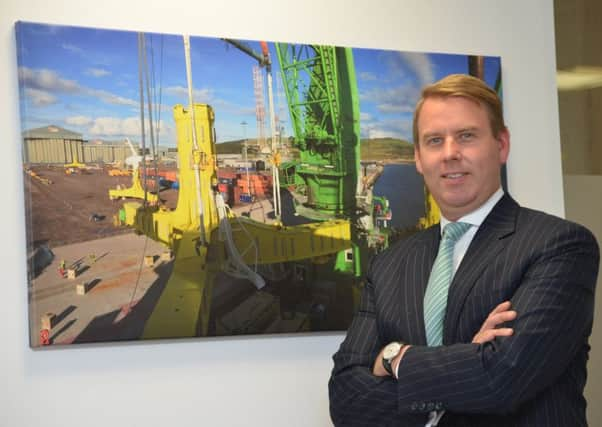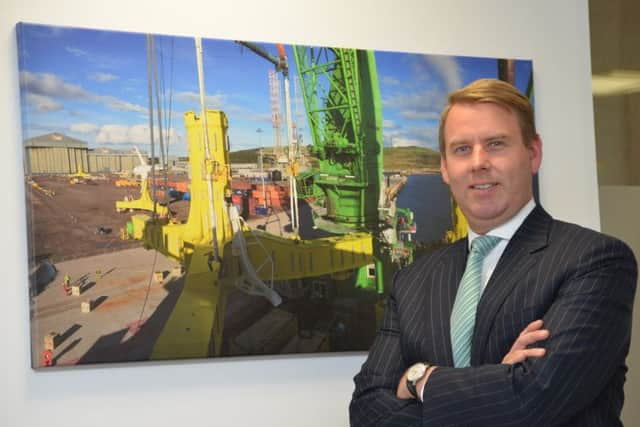Tidal power firm Atlantis hits out at funding '˜travesty'
This article contains affiliate links. We may earn a small commission on items purchased through this article, but that does not affect our editorial judgement.


As expected, the MeyGen project was unsuccessful in the UK government’s latest contract for difference (CfD) scheme for large-scale renewable projects which saw the Moray East offshore wind project and a biomass project in Grangemouth secure support.
Advertisement
Hide AdAdvertisement
Hide AdAlthough it had forecast a significant reduction in the level of revenue support required for “phase 1C” of the project compared to the first phase, the company said it lost out to more established technologies such as offshore wind which were able to undercut it.


Atlantis said it was now in discussion with officials from the Department for Business, Energy and Industrial Strategy (BEIS) over ways in which marine energy could “compete on a level playing field” in the next auction round.
Tim Cornelius, chief executive of Atlantis, said it would be a “travesty if the UK were to lose out on another emerging industry where it has established a first-mover advantage and where the cost of energy is on a steep downward trajectory”.
“We expect our ensuing discussions with BEIS to focus on how the future jobs and growth benefits of the sector can be secured for the UK,” he added.
“Our UK portfolio contains some of the best tidal stream sites in the world, and we support the ambition to ensure that the development of these sites is achieved through a UK focused supply chain rather than relying on imported skills and goods. We hope that the UK can continue to play a leading role in an industry it helped create over the past decade.”


But Atlantis also highlighted “priority” opportunities it was pursuing in overseas markets where financial support has been pledged by governments.
“We are being kept very busy pursuing opportunities in France and Canada, both of which have pledged capital and revenue support for tidal stream power,” said Cornelius. “The market for tidal power in south-east Asia is growing rapidly and we hope to be making some announcements shortly with respect to large-scale projects in that region.
Advertisement
Hide AdAdvertisement
Hide Ad“Our diversification strategy has been well executed. The future of marine power is very bright and I am very excited about the outlook for Atlantis.”
• READ MORE: Tidal power developer Atlantis swings to £7.3m loss
The first phase of the MeyGen project, which receives support under CfD predecessor the renewables obligation, has seen four 1.5 megawatt (MW) turbines installed but it is hoped up to 261 turbines producing enough energy to power 175,000 homes could eventually be deployed. The second phase which will see a further four turbines installed has won funding from EC schemes.